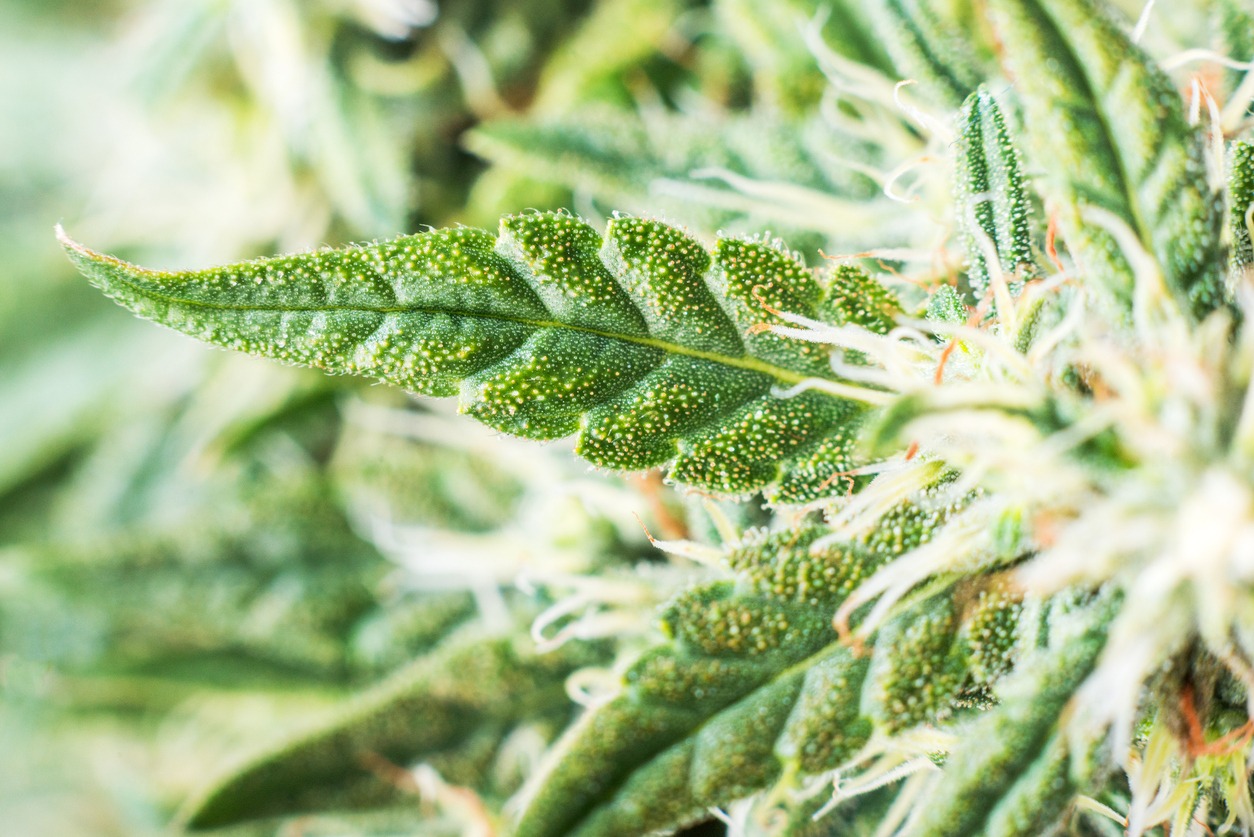Cannabis crop science and growing practices are decades behind almost every other cultivated crop. Toronto-based cannabis investor Canopy Rivers has invested $10 million in plant science venture ZeaKal to help the cannabis sector catch up.
San Diego-based ZeaKal has developed genetics-based technology that improves plants’ growth and macronutrients by boosting their capacity to convert sunlight and carbon dioxide into energy. Its proprietary technology, called PhotoSeed, has been tested on several major crops, including soy, perennial ryegrass, and rice. Canopy Rivers is backing ZeaKal to introduce PhotoSeed to cannabis and hemp.
“This is one of the most exciting technologies I’ve seen since being in the sector. We find a trait like this every decade,” Mary Dimou, director of business development at Canopy Rivers tells AFN.
Stepping back, she adds, “Cannabis is 80 years behind every other crop. But there are low hanging problems that can be solved with existing technology, and we’re constantly looking for companies from other agri-sectors with technologies that we can translate to cannabis and hemp to help it evolve.”
What is PhotoSeed?
PhotoSeed’s prize capability is that it can boost plants’ photosynthetic capacity—the conversion of sunlight and carbon dioxide to energy. Identifying techniques to do that has been the target of billions of dollars of research and has generally eluded scientists. ZeaKal’s team had the good fortune of achieving it accidentally.
ZeaKal’s founders actually set out to solve a different problem. The team was introduced at AgResearch, a premier agricultural research institution in New Zealand, and was set on trying to solve a very local issue: improving the nutrient content of perennial ryegrass, the primary feed source for New Zealand’s dairy cows.
“It’s one of the most important crops in New Zealand’s pastoral economy. Unlike in the US, there is no feedlot system. Cows get most of their calories from grazing,” ZeaKal founder and CEO Han Chen explains. “We were intent on improving the energy content of ryegrass.”
He describes PhotoSeed as a “back of the napkin” solution that ultimately ended up improving ryegrass’s healthy oils (and therefore fat content), and also positively affecting the plant’s photosynthetic process, which in turn improved yield.
Further, the plant’s protein content stayed the same, which doesn’t always happen when tampering with other traits, Chen says. “In traditional breeding, you usually get yield, or oil, or protein, but rarely do you get all three. We hit the trifecta.”
ZeaKal has since been testing PhotoSeed with other plant varieties, including soy, rice and alfalfa. Earlier this year, the company signed an R&D collaboration with DowDuPont spin-off Corteva Agriscience to apply PhotoSeed in row crops. Chen says for every new plant variety, the technology requires some “fine tuning” but that the concept and application is basically the same.
Cannabis plays catch up
In the cannabis sector, ZeaKal and Canopy Rivers expect to see PhotoSeed have an impact on plants’ oil production, which would boost production of cannabinoid—the chemical compound that interacts with the brain. (Read: gives a person a high, makes them feel relaxed, and any number of other sensations that come from using cannabis products.)
Beyond the technology’s potential in supporting new or better cannabis-derived products, what Canopy Rivers and ZeaKal hope PhotoSeed can do for the cannabis and hemp sectors is speed up modernization and standardization.
Sophisticated crop breeding and plant science has played a role in advancing crop cultivation for decades. Cannabis, however, hasn’t benefitted from most modern techniques and technologies — including genetic modification and editing — due to its dubious legal status.
“There are few, if any, stabilized seeds in the sector so we have challenges with [crop] stability, standardization, growing outdoors,” Dimou explains. These are issues that “good breeding programs” can solve, she adds, but the hope is that more advanced technologies will help cannabis catch up faster.
Dimou’s vision for the sector is that in five to 10 years, there will be 20 or so strains of cannabis that are stable, effective, standardized and scientifically well understood in terms of how they affect and interact with the human body. She believes PhotoSeed is among the best new technologies for helping the sector get there.
There are other potential benefits of the technology as well. Because PhotoSeed boosts plants’ ability to absorb and process carbon dioxide, it could have positive environmental impacts.
“It is already showing combative effects to climate change in other crops,” Dimou says.
PhotoSeed hasn’t yet been tested on cannabis or hemp, but Dimou’s conservative estimate is that it could start rolling out in the next 18-24 months. Regulatory processes will be a factor in that timeline, but both Chen and Dimou say they believe the technology’s positive applications give it an edge, particularly in the US and Canada, where the regulatory frameworks are “mature.”
“The technology is really about harnessing plants’ natural ability to convert carbon dioxide and sunlight to yield. It’s environmentally friendly and sustainable. It’s not introducing new pests or chemicals [into the market],” says Chen.
ZeaKal is Canopy River’s eighteenth investment. Since spinning out of Canadian marijuana producer and distributor Canopy Growth last year, the firm’s mandate has been to invest in companies whose technologies, products and services can support the emerging cannabis sector. It has acquired an 8.7% stake in ZeaKal with its $10 million commitment.
ZeaKal last raised funding in 2016 with a $5.3 million Series B from agtech VCs Middleland Capital and Finistere Ventures, as well as family offices.





